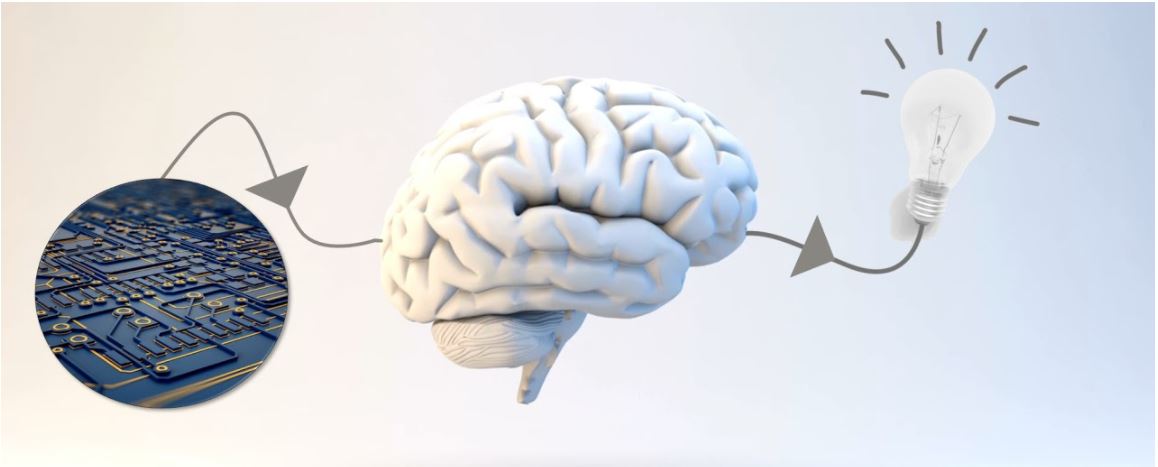
Contact
Marcia Pasqualini, Ph.D., Professor of Psychology
P: 816-501-3664 / E: marcia.pasqualini
Why Engage in Psychological Research?
Conducting research develops your ability to pose good questions, think logically, problem solve, write concisely, speak before an audience, and work on a team: abilities highly valued by employers. Collaborating within a research group at Avila enables you to work closely with a faculty member, who can put your particular talents to best use (and write those all-important letters of recommendation!). With our apprenticeship model of research, the specific tasks you will work on will be commensurate with your current level of experience and knowledge.
If you are interested in applying to the Ph.D. programs in Psychology, research experience is mandatory. Most programs are highly competitive, and nearly all of your competition will have had research experience of some sort.
Research involves making new discoveries, about finding answers to questions that puzzle you. Best of all, you can take advantage of opportunities to present your research at regional, national, or international conferences. There’s no better way to make contact with professors and other students who share your interests.
As an undergraduate or master’s level student at Avila, you will learn to do research from professors adept at research.
Work on Research Projects: Undergraduate Students
Avila undergraduate students from any discipline may work on a psychology research team with the permission of a faculty research supervisor.
Non-psychology majors, and psychology majors who have not yet completed Psychological Statistics and Research Methods I & II (PY 261 and PY 262) should sign up for Research Experience I (PY 297). This course is taken for ONE credit hour at a time and can be repeated.
Psychology majors (from any area of concentration) who have completed PY 261 and PY 262 should sign up for Research Experience II (PY 497). This course is also taken for ONE credit hour at a time and can be repeated.
Psychology majors in the Research Concentration will additionally complete PY 498, Senior Thesis (3 credits per semester; normally taken for two semesters).
Work on Research Projects: Graduate Students
Students in the Master’s of Science in Counseling Psychology programs may work in a psychology research team, with the permission of a faculty research advisor. Students may count up to 4 of their 12 elective graduate hours in courses related to research and writing, including PY 647, 648, and 697, toward their degree.
Students interested in gaining research experience should enroll in PY 647, Research Experience.
Department of Psychology Faculty Research
The following faculty members are currently accepting research students:
Dr. Jon Mandracchia’s research focuses on suicide, particularly among offender populations, as well as maladaptive thinking patterns that perpetuate criminal behavior (i.e., criminogenic thinking).
Dr. Marcia Pasqualini heads the Emotions Laboratory, and her research interests relate to people’s emotions in social situations. Specific research topics include public speaking anxiety, facial expression, emotions and decision-making, and individual differences in emotional reactivity. Students have the opportunity to use Meta Quest 2 VR headsets for studies of anxiety; Mindware BioLab to measure heart rate variability, impedance, skin conductance, and facial EMG; Noldus Observer for synchronized behavioral observations; and E-Prime for stimulus presentation. Students may also have the opportunity to collaborate with research on brain imaging related to disordered eating, addictions, and aging.
Dr. Jordan Wagge runs the ROSE Lab at Avila University. The lab’s primary focus is tackling the “replication crisis” in psychology by replicating published research. We work on doing good, transparent science and students gain general research skills they can take to various careers and programs. Plus, we have a lot of fun! You can read more about Dr. Wagge’s research and lab at jordanwagge.com.
